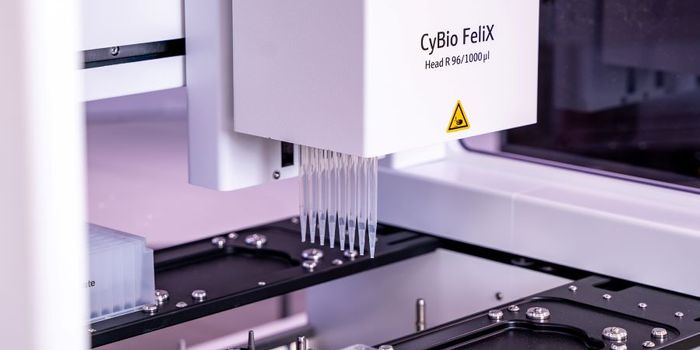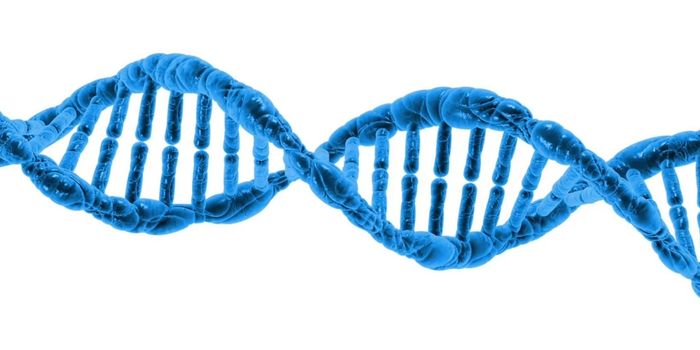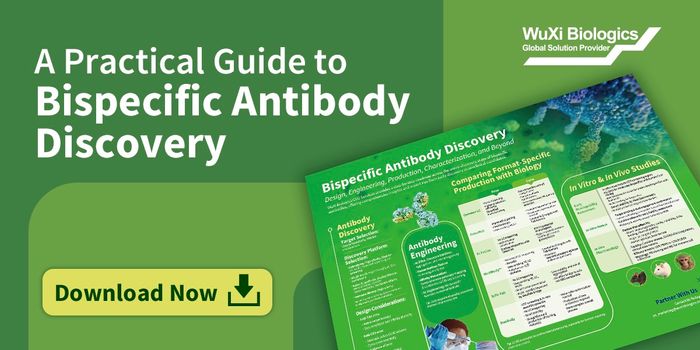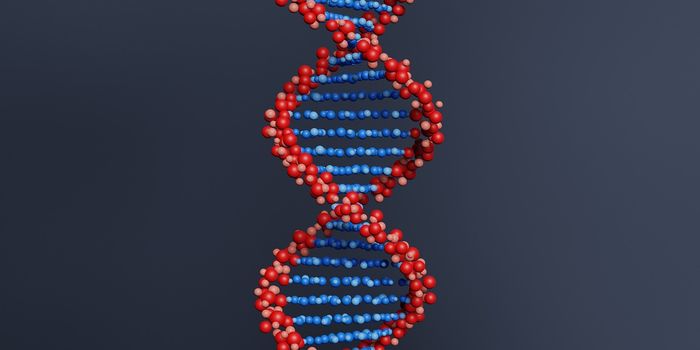How a Nutrient Can Aid in Infection Prevention
Antibiotic-resistant microbes are considered to be a serious threat to public health, one of many reasons why it's important to prevent bacterial infections from happening. Researchers have now found that a nutrient known as taurine can help cells in the gut recall previous infections more efficiently and kill pathogenic bacteria if they're encountered. The findings have been reported in Cell.
The gut is a crucial part of the human immune system. A layer of cells in the gut called the intestinal epithelium prevents the massive community of microbes living in the gut from penetrating further into the body and causing infection. These epithelial cells also release molecules that can attract and trigger immune cells.
Non-pathogenic microbial cells in the gut also aid in immunity, although we still have a lot to learn about how they do that.
In this work, the researchers created a mouse model of Klebsiella pneumoniae (Kpn) infections, then transferred gut microbes from these mice to mice that do not carry any gut microbes, called germ-free mice. After the germ-free mice were exposed to Kpn, the researchers found that they were able to prevent the infection, suggesting that the gut microbes with infection experience were helping shield the mice.
Further work indicated that one class of bacteria called Deltaproteobacteria play a role in fighting Kpn infections, and that taurine is triggering the activity of Deltaproteobacteria.
Taurine is a natural component of bile acids in the gut. It helps the body break down fats and oils and one of its byproducts is the poisonous gas hydrogen sulfide.
The researchers suggested that low levels of taurine enable pathogens to live in the gut, but when taurine levels are high, they generate enough hydrogen sulfide to stop these pathogens from colonizing the gut.
This work showed that only one mild infection was necessary to 'train' the microbes to fight later infections. The liver and gallbladder, which generate and store bile acids that contain taurine, were also found to develop long-term protection against infection.
When mice were given water supplemented with taurine, the researchers found that their microbiomes were better prepared to prevent infection. If their water was instead supplemented with bismuth subsalicylate, a diarrhea medication sold over the counter that also inhibits the production of hydrogen sulfide, then the mice did not have strong protection against infection.
Sources: Phys.org via National Institute of Allergy and Infectious Diseases, Cell









